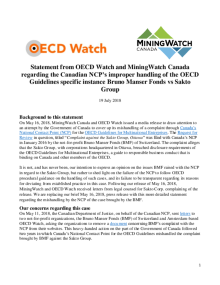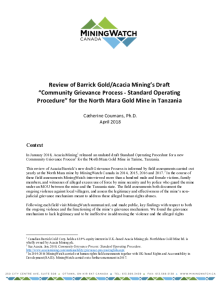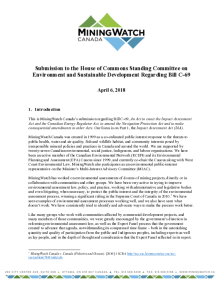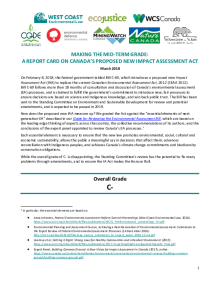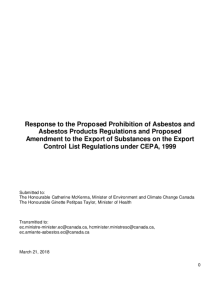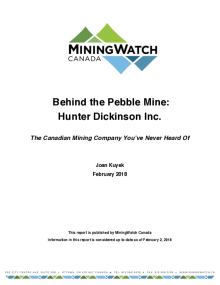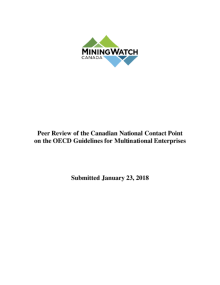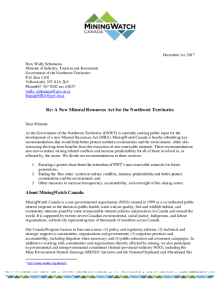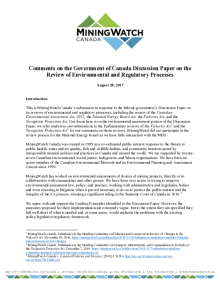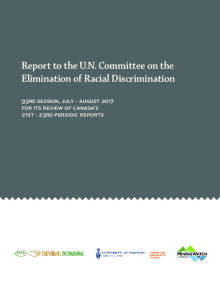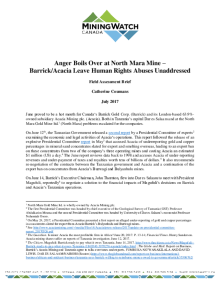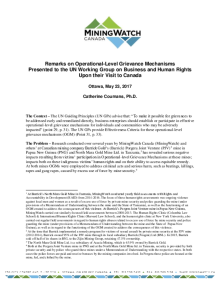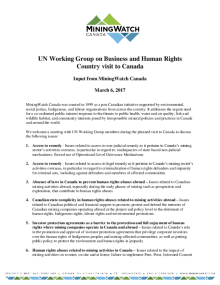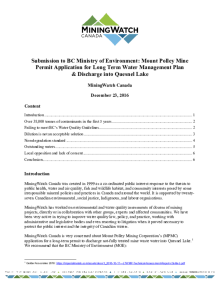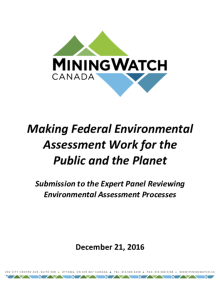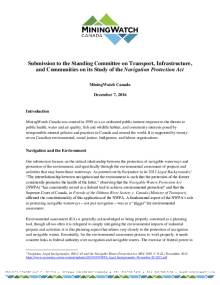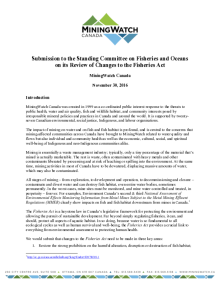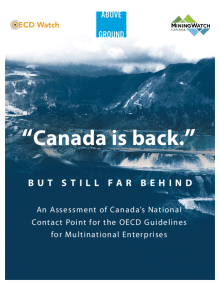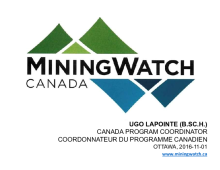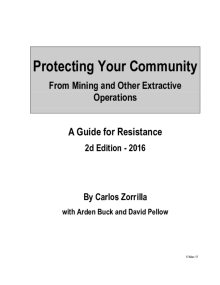Statement from OECD Watch and MiningWatch Canada regarding the Canadian NCP’s improper handling of the OECD Guidelines specific instance Bruno Manser Fonds vs Sakto Group
On May 16, 2018, MiningWatch Canada and OECD Watch issued a media release to draw attention to an attempt by the Government of Canada to cover up its mishandling of a complaint through Canada’s National Contact Point (NCP) for the OECD Guidelines for Multinational Enterprises. The Request for Review in question, titled “Complaint against the Sakto Group, Ottawa” was filed with Canada’s NCP in January 2016 by the not-for-profit Bruno Manser Fonds (BMF) of Switzerland. The complaint alleges that the Sakto Group, with corporations headquartered in Ottawa, breached disclosure requirements of the OECD Guidelines for Multinational Enterprises, a guide to responsible business conduct that is binding on Canada and other members of the OECD.
